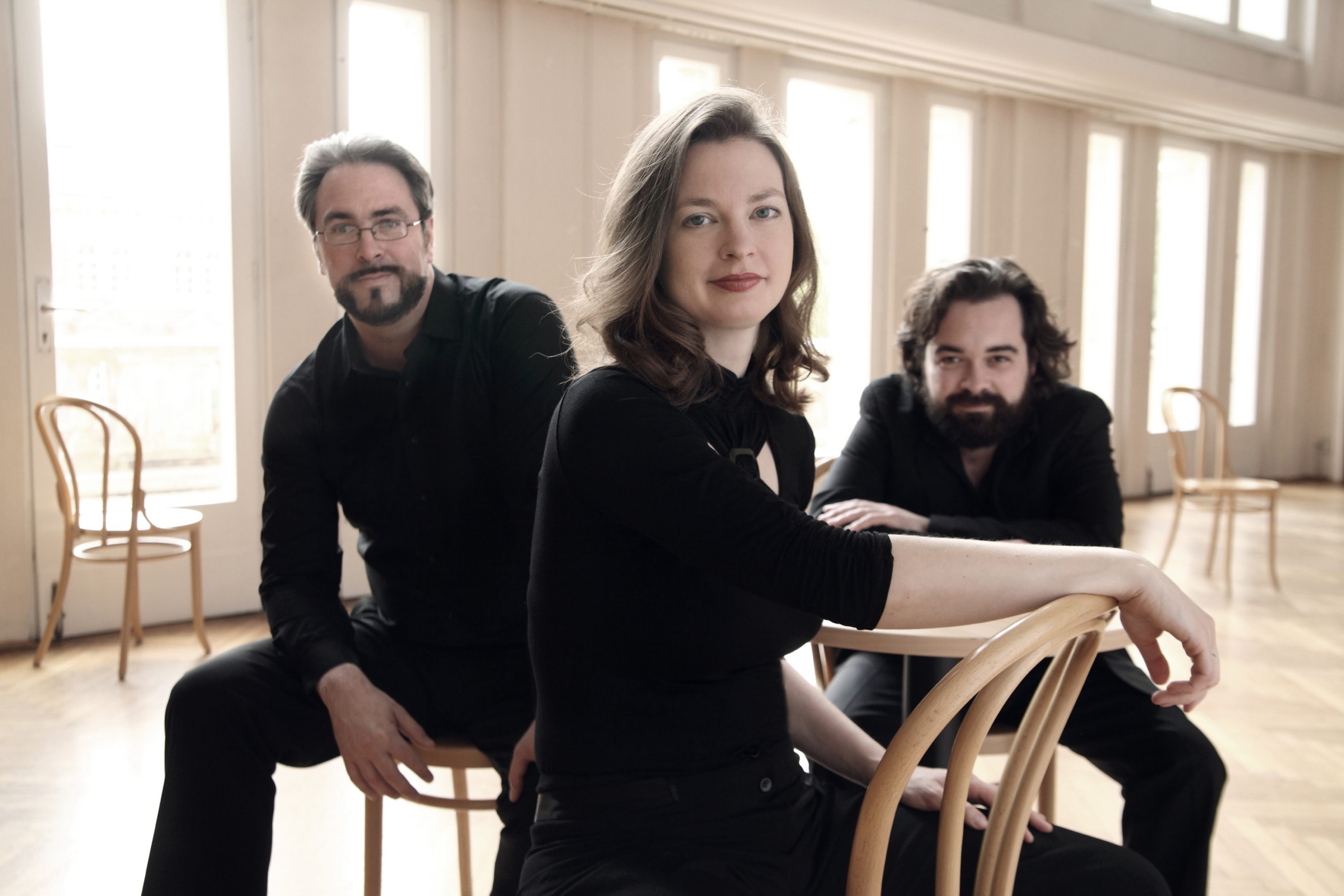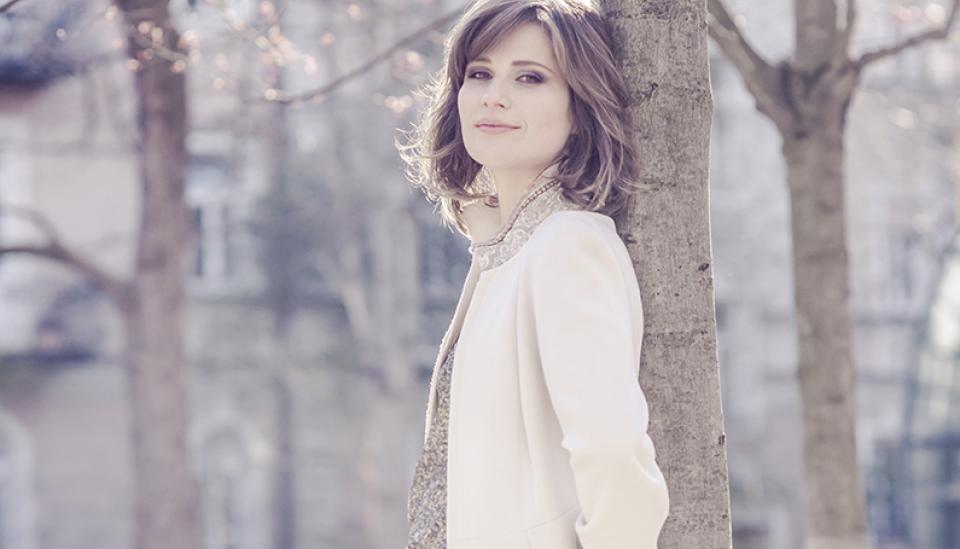The Belcea Quartet Plays Haydn
Franz Joseph Haydn has been called the “Father of the String Quartet.” His sixty-eight quartets, written between 1762 and 1803, pushed the genre beyond frothy court entertainment, setting the stage for composers who followed. Haydn’s quartets demand focused, attentive listening. While earlier string quartets often featured a solo first violin and three accompanying voices, Haydn’s quartets unleash a magical dialogue between equal voices, something Goethe described as, “four rational people conversing.” We often think of …







